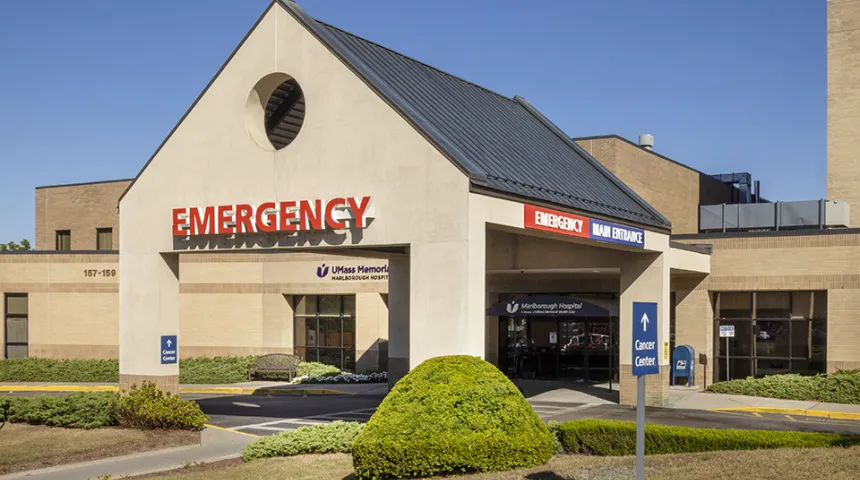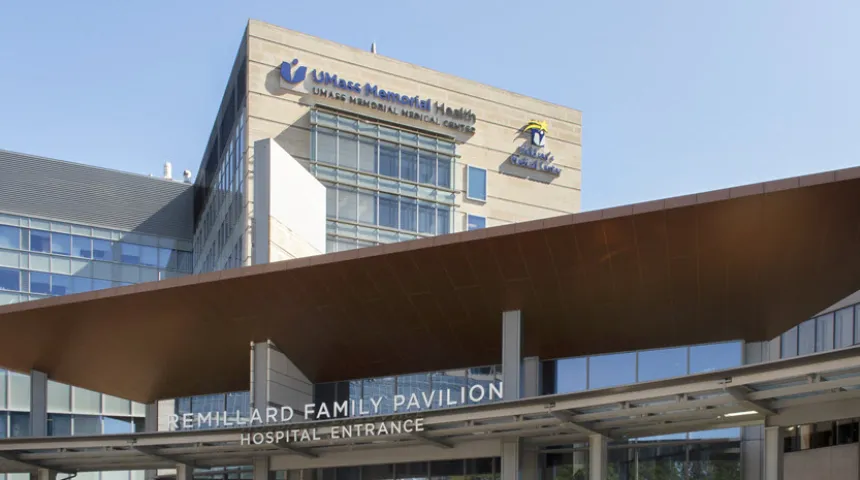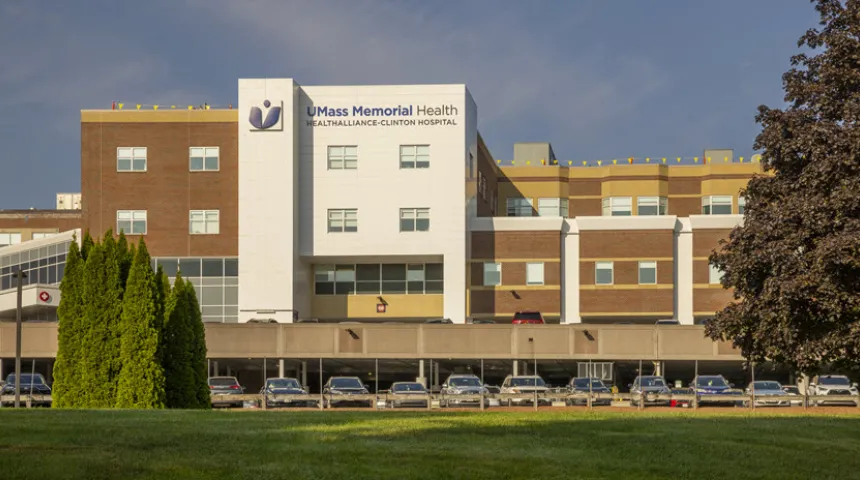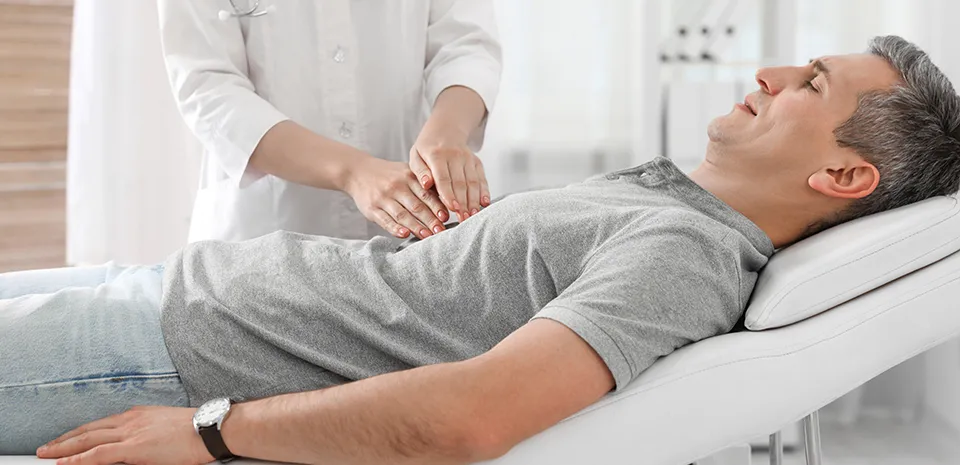Gastroenterology
Don’t let GI disorders stand in your way. Our gastroenterologists offer the expert care you need.
Why Choose Us for Gastroenterology Care?
Nationally Recognized GI Care
You can trust the care you receive from our gastroenterologists. U.S. News & World Report recognizes UMass Memorial Medical Center in Worcester as high-performing in gastroenterology and GI surgery. They also rank us as the #5 hospital in Massachusetts.
Innovative Treatments
Our specialists use advanced endoscopy technology to identify and treat digestive diseases without surgery. From capsule endoscopy to endoscopic ultrasound (EUS), we have options for even the most complex GI issues. If you need surgery, we walk you through the process and connect you with our expert GI surgeons. Learn more about our services and treatments.
Comprehensive Team
Digestive diseases often require multiple specialists. At UMass Memorial, you have a team of experts on your side. Our gastroenterologists work closely with hepatologists, oncologists, radiologists and surgeons to ensure you receive seamless care that covers all your needs.
Expert GI Cancer Screening
Gastrointestinal cancer screening can detect potential problems early, when they are easier to treat. We provide the latest imaging and screening tests, including colonoscopy and upper endoscopy, to diagnose or rule out GI cancers. We focus on your comfort and explain what to expect at every step. Learn more about our colonoscopy care.
Our Gastroenterology Locations

Clone of Marlborough Hospital
157 Union Street,
Marlborough, MA 01752

UMass Memorial Medical Center - University Campus
55 Lake Avenue North,
Worcester, MA 01655

UMass Memorial Medical Center - Memorial Campus
119 Belmont Street,
Worcester, MA 01605

HealthAlliance-Clinton Hospital - Leominster Campus
60 Hospital Road,
Leominster, MA 01453

Milford Regional Medical Center
14 Prospect Street,
Milford, MA 01757

Get Started
Call 855-UMASS-MD (855-862-7763) or request an appointment with a gastroenterologist.



